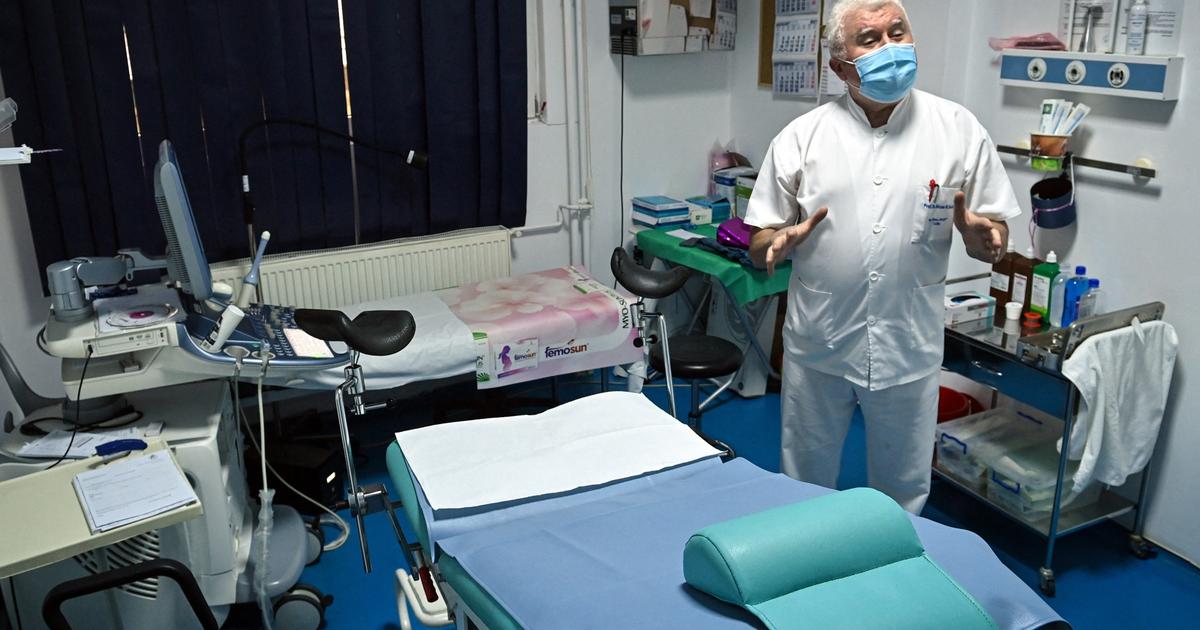Gynecological examinations and examinations relating to intimacy require redoubled attention to know-how, precaution and tact at each stage of the consultation, pleads an opinion published Wednesday March 29 by the National Consultative Ethics Committee (CCNE), estimating that consent should no longer be tacit or presumed.
Intimate examinations "
require listening to and considering what patients are feeling and expressing, consideration of modesty and the need for privacy, and attention to pain or discomfort. that the examination may possibly cause, whether they are expressed or not
", details CCNE's opinion 142.
Consent should no longer be tacit or presumed.
National Ethics Advisory Committee
This document is the work of a working group which interviewed more than thirty people including all the parties concerned: representatives of patients and users, health professionals, as well as deans and interns in order to collect their feelings and complaints on a complex and sometimes sensitive subject.
At the end of these interviews, CCNE does not consider it appropriate to set up a written report, nor to ask for the systematic presence of a third party during the examination.
On the other hand, he insists on the importance for the professionals to ensure the repeated and maintained consent of the patients.
"
Consent must no longer be tacit or presumed, but explicit and differentiated for each examination carried out during a consultation
", underlines this opinion.
Additional precautions must also be taken “
when pupils or students perform or attend examinations
” or in the presence of a patient “
in a particularly vulnerable situation
”.
The committee also pleads for better training of medical students “
in the humanities and ethics of care
”.
A damaged confidence
The Committee is particularly concerned about a deterioration in trust between caregivers and patients, likely to lead to a disaffection with certain medical specialties “
under the effect of collective opprobrium and targeted attacks on social networks
”.
He also fears a change in medical practices that is unsuited to the real needs of patients and ultimately a loss of opportunity for patients in the event of renouncing consultation or refusing examinations.
The recommendations come after reports of gynecological and obstetrical abuse have spiked in Europe in recent months, with some rights groups claiming women are routinely denied informed consent, subjected to rude and degrading behavior by staff. medical and, in some cases, unsafe practices.















